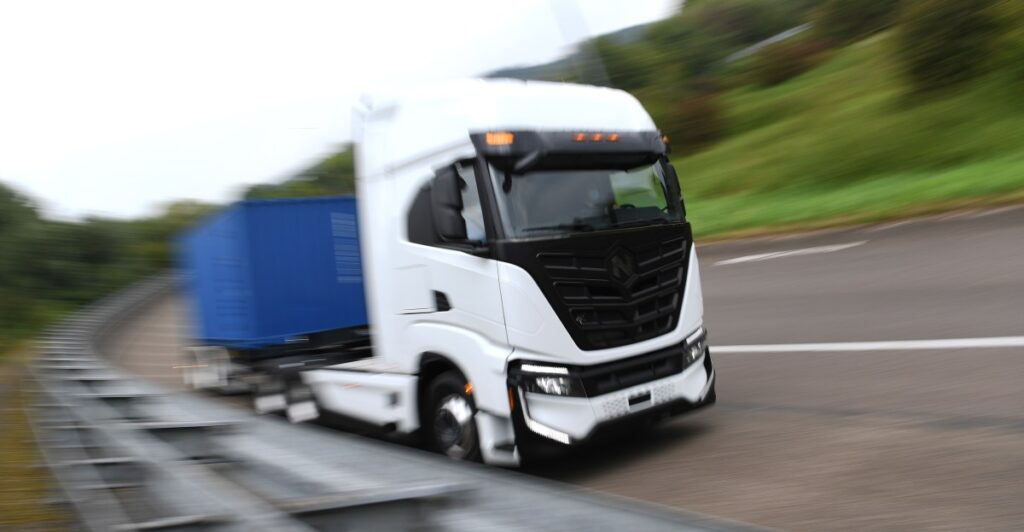
Struggling electric truck company Nikola said it was filing for Chapter 11 bankruptcy protection on Wednesday and would sell off its assets, effectively ending a challenging journey punctuated by rapid cash burn, allegations of fraud, and the incarceration of its first CEO and founder.
Nikola said it would seek an auction and sale process, pending court approval. The company said it had $47 million in cash on hand to fund its bankruptcy proceedings, implement the sale process, and exit Chapter 11. Nikola listed assets of between $500 million and $1 billion, and estimated its liabilities were between $1 billion and $10 billion, Reuters said citing a court filing.
“Like other companies in the electric vehicle industry, we have faced various market and macroeconomic factors that have impacted our ability to operate,” Steve Girsky, President and CEO of Nikola, said in a statement. “In recent months, we have taken numerous actions to raise capital, reduce our liabilities, clean up our balance sheet and preserve cash to sustain our operations. Unfortunately, our very best efforts have not been enough to overcome these significant challenges, and the Board has determined that Chapter 11 represents the best possible path forward under the circumstances for the Company and its stakeholders.”
“Like other companies in the electric vehicle industry, we have faced various market and macroeconomic factors that have impacted our ability to operate.”
The filing represents a fall from grace for the once buzzy company that aimed to transform the polluting heavy-truck industry into one based on zero emissions. Founded in 2015, Nikola pitched the idea of zero-emission big rigs using hydrogen fuel cell technology, and later said it would include battery-electric trucks as well. The company scored a huge win in 2020 when General Motors announced plans to would help Nikola engineer and manufacture its battery-electric and hydrogen fuel cell vehicles, including the Badger pickup truck. In exchange, GM would acquire an 11 percent equity stake in the startup.
But less than a week later, short-selling firm Hindenburg Research published a bombshell report accusing Nikola of fraud, including the video showing the truck rolling down a hill to simulate driving. The report set off a chain reaction that resulted in founder Trevor Milton’s stepping down as board chair and CEO and his eventual arrest. Later, GM backed out of the equity deal.
In addition to staging the video, Milton was accused of falsely claiming to produce his own hydrogen fuels at below-market rates and obtaining “billions and billions and billions and billions” of dollars’ worth of committed truck orders. He was sentenced to four years in prison.
Nikola went public in 2020, and started shipping its first trucks less than a year later. It ramped up production in 2024, but was losing hundreds of thousands of dollars on every truck it sold. As of the third quarter of last year, the company had only produced 600 vehicles, many of which have been recalled due to defects, costing the automaker tens of millions of dollars.
Nikola was the latest high-profile EV company to go belly after failing to meet high expectations. Other EV startups that failed include Lordstown, Proterra, and Fisker. TuSimple, a self-driving truck company from China, pivoted to gaming tech.
